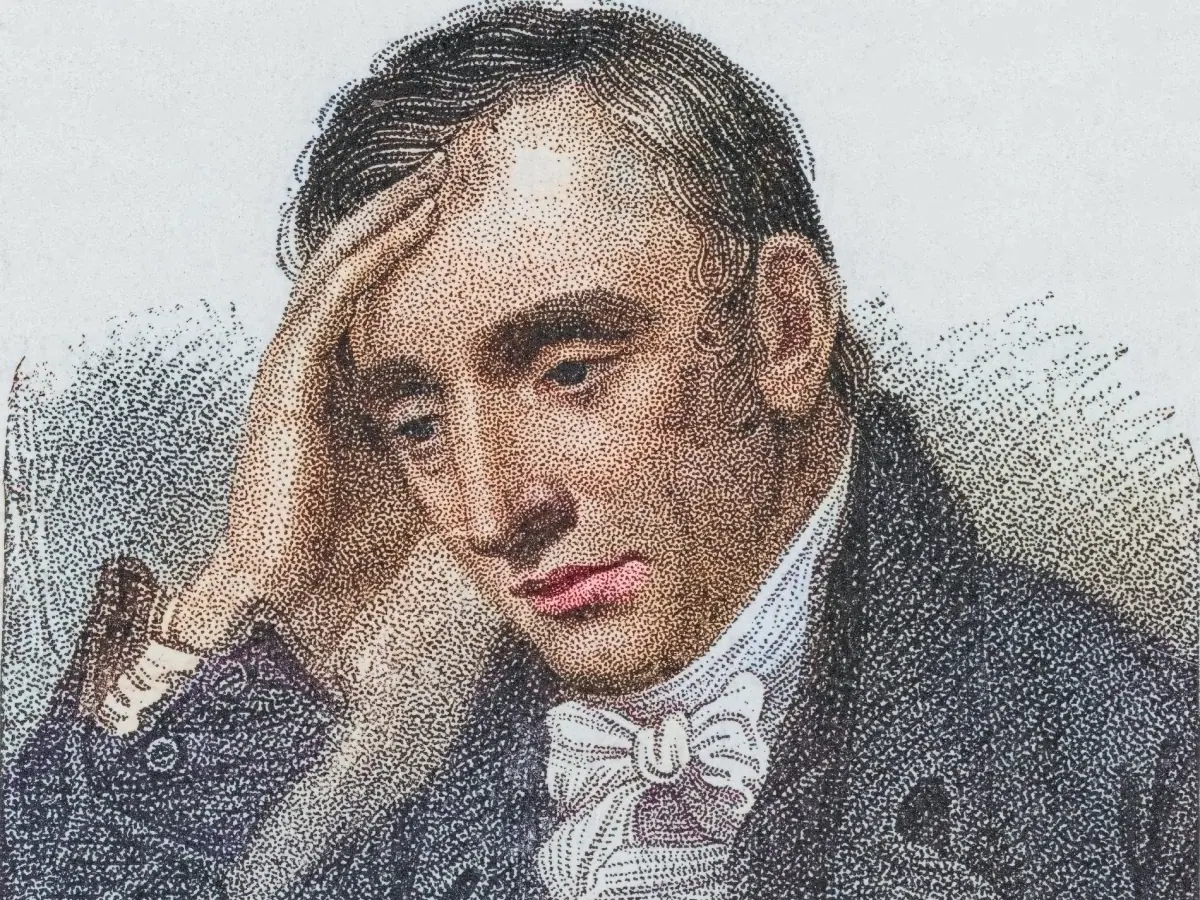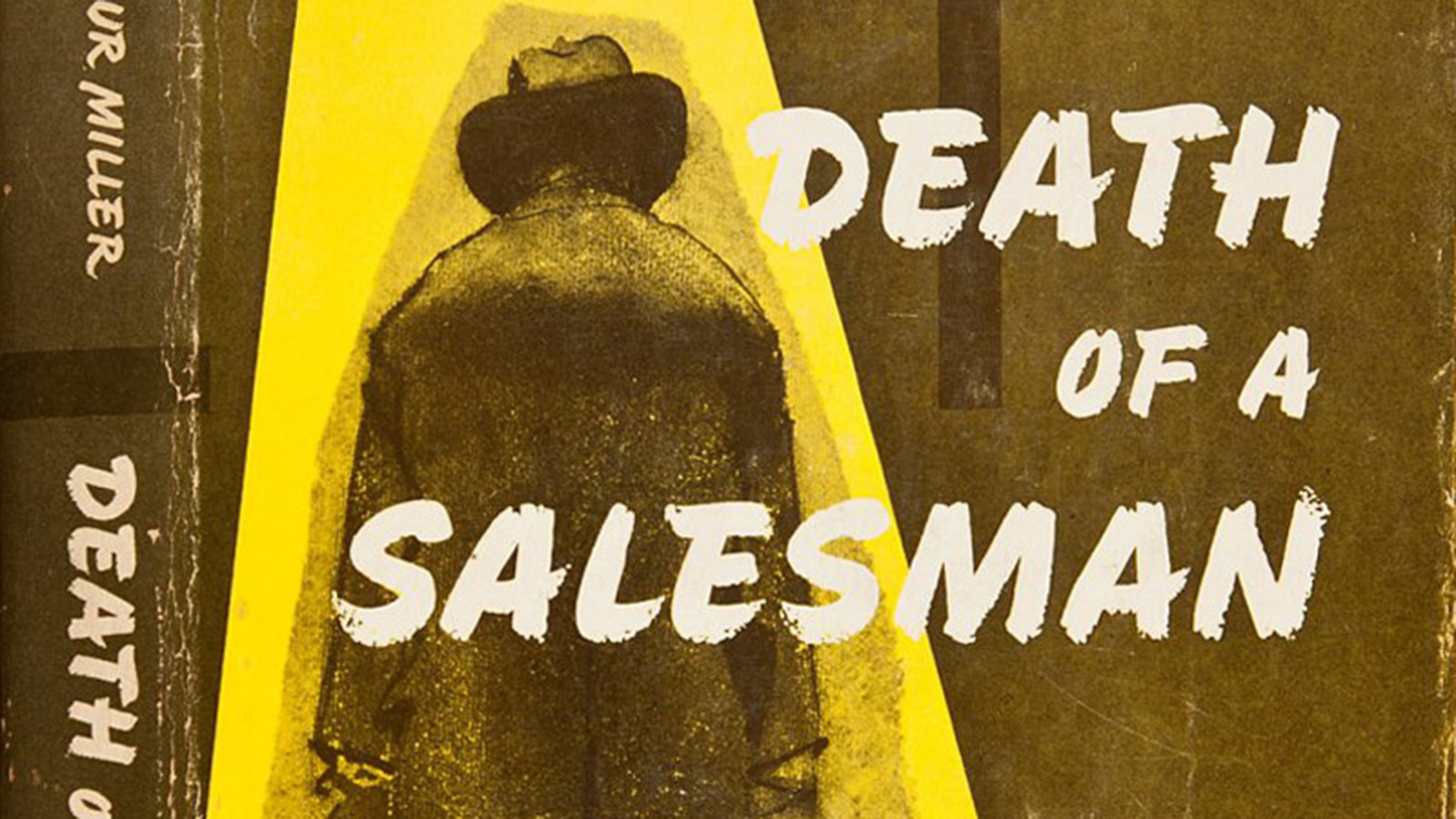Tariq Mahmood Awan
Francis Bacon, the distinguished philosopher, politician, and essayist of the 16th century, played a pivotal role in the development of the Scientific Revolution. This epochal movement brought a significant shift in Europe’s approach to science, emphasizing modernized scientific fields such as mathematics, physics, astronomy, biology, and chemistry. Bacon’s contribution to the scientific method remains the cornerstone of modern science. He firmly believed in the practice of inductive reasoning, which he considered a complement to practical observation, unlike the outdated Aristotelian methodology that most people followed before the Scientific Revolution.
Bacon’s literary style is renowned for its use of metaphors, analogies, and vivid imagery. His essays reveal his profound knowledge of Latin and draw on ancient Roman wisdom through axioms and proverbs. Bacon’s use of wit and brevity packs all of his thoughts and ideas into quick, brief statements that deepen the reach and impact of his work. His essays weigh the argument at hand with multiple points of view, demonstrating his ability to consider a wide range of issues, from individual to societal problems and from commonplace to existential ones.
Bacon’s essays were received with great admiration, praise, and reverence during his time. He borrowed ideas from the works of historical writers such as Aristotle, representing a continuation of this philosophical school of thought. Bacon’s emphasis on empirical information propelled him towards political and societal importance and fame. His revolutionary ideas about empirical information helped people question old, traditional beliefs, leading to the advancement of society towards democracy.
Francis Bacon’s Essays, a collection of eight of his many essays, provides a groundbreaking framework for the modern essay genre. In each essay, Bacon provides a code for his readers to live by, challenging the human mind to think deeply. From “Truth” to “Of Superstition” and “Marriage and Single Life,” Bacon covers a wide range of intriguing topics. His essays demonstrate that they are not only insightful but also enlightening for many generations that followed, providing readers with words of wisdom that continue to inspire.
Francis Bacon, a renowned philosopher and statesman of the 16th century, penned the essay “Of Marriage and Single Life”. In this essay, he presents a detailed analysis of the advantages and disadvantages of being married or unmarried. Bacon, known for his keen observations and logical reasoning, begins by asserting that having a wife and children can be viewed as a form of vulnerability, as it can hinder an individual from pursuing great enterprises, whether good or bad. He argues that those who are unmarried or childless have greater means and affection to contribute to the public good and have produced the best works of great merit for the public.
Bacon notes that while being unmarried can provide greater means and affection to contribute to the public good, it can also lead to greater cruelty and hard-heartedness. He observes that those who lead a single life often have less of a need to be compassionate, as their tenderness is not as frequently called upon. He also notes that a single life, with its inherent freedom and independence, is most suited to those who value their liberty and are self-pleasing and humorous. He argues that unmarried men make the best friends, masters, and servants, but they may not always be the best subjects as they are light to run away.
Bacon further notes that while having children can be seen as a vulnerability, they are also a form of discipline that can promote greater humanity. He argues that those who have children should have the greatest care for future times, as they must transmit their dearest pledges to the next generation. He also observes that it is often seen that bad husbands have very good wives, which may be due to the wives’ pride in their patience or that it raises the price of their husband’s kindness when it comes. This highlights the profound impact of family and children on one’s life.
Bacon argues that wives are young men’s mistresses, companions for middle age, and old men’s nurses, and therefore, a man may have a quarrel to marry whenever he wishes. However, he also notes that it is often seen that wives who think their husbands are wise will be more obedient and chaste. He advises that a wife must think her husband wise, which she will not do if she finds him jealous. This emphasizes the importance of personal choice and understanding in a marriage.
Bacon also provides insights into how marital status may affect an individual’s ability to perform their duties. He notes that single life is well-suited to those who value their independence, as it allows them to focus more on their professional responsibilities. However, he argues that for those with families, marriage can serve as a reminder of their responsibilities and obligations, which can be a motivating factor in their work. He also observes that it is indifferent to judges and magistrates, as their marital status does not affect their ability to perform their duties.
Bacon’s essay provides a subtle view of the advantages and disadvantages of marriage and single life. He notes that while being unmarried can provide greater means and affection to contribute to the public good, it can also lead to greater cruelty and hard-heartedness. While being married can provide discipline and a sense of responsibility, it can also be a hindrance to pursuing great enterprises. As you reflect on these points, consider your own views and experiences. Do you agree with Bacon’s observations? How do they align with or differ from your own experiences or those of people you know? Overall, Bacon’s essay provides an insightful analysis of the complexities of the institution of marriage and the virtues of leading a single life, inviting us to think more deeply about these important aspects of human life.
Please, subscribe to the YouTube channel of republicpolicy.com

















































